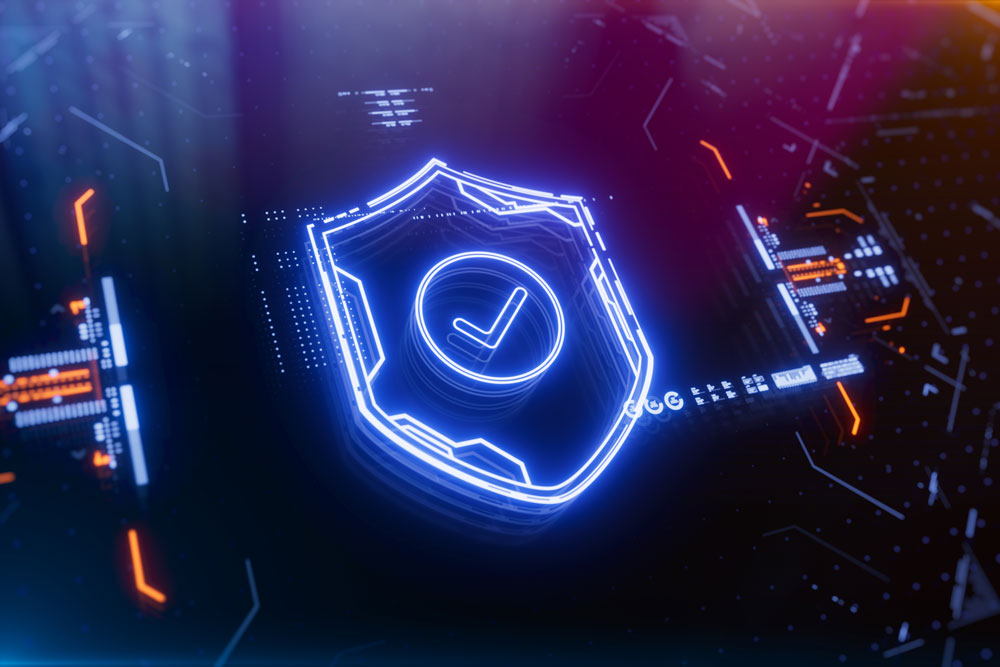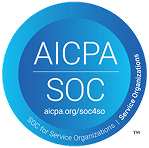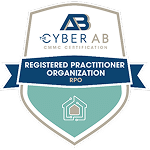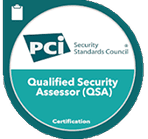As cybersecurity, privacy, and AI governance converge, ISO standards continue to define the global benchmark for responsible risk management. The latest guide from 360 Advanced looks at how three of the thousands of ISO standards work together to strengthen an organization’s cybersecurity posture. ISO 27001 (Information Security), ISO 27701 (Privacy Information Management), and ISO 42001 (Artificial Intelligence Management) help businesses build better, more open governance programs that are ready for the complicated threats we face today.
A UNIFIED FRAMEWORK FOR A MODERN RISK LANDSCAPE
- ISO 27001 sets the standard for information security with a robust Information Security Management System (ISMS) that safeguards the confidentiality, integrity, and availability of data.
- ISO 27701, now a standalone privacy management standard, defines how to build a Privacy Information Management System (PIMS) aligned with global regulations like GDPR and CCPA.
- ISO 42001 is the first international framework for AI governance. It helps organizations make sure that AI systems are used by companies with responsibility, transparency, and accountability.
When used together, these standards create a single way to protect sensitive data, ensure privacy, and govern AI responsibly. They do this by making sure that both ethical and operational integrity are maintained.
RECENT UPDATES TO ISO 27701
ISO recently made ISO 27701 a stand-alone privacy management standard by formally separating it from ISO 27001. The shift is a reflection of privacy’s increasing significance as a separate field that goes beyond information security.
In accordance with international privacy regulations like the CCPA, GDPR, ISO 27701 now permits enterprises to independently certify their Privacy Information Management System (PIMS). ISO 27001 concentrates on safeguarding data through organizational and technical controls.
This update gives enterprises more flexibility in how they demonstrate compliance and accountability by enabling privacy teams to pursue certification without needing complete implementation of ISO 27001.
WHY THESE STANDARDS MATTER NOW
According to NAVEX’s 2025 State of Risk & Compliance Report, ISO frameworks are the primary compliance framework for 44% of organizations worldwide, more than any other standard. The report also found that data privacy and protection rank almost the same as regulatory compliance (23% vs. 24%) as top priorities for enterprises, which signals the increasing importance of privacy-by-design standards like ISO 27701.
At the same time, 65% of organizations say AI is already part of their compliance programs, yet 67% express concern about limited visibility into AI-related risks. This is the exact challenge ISO 42001 was created to address. By aligning with these frameworks, organizations can proactively manage security, privacy, and AI ethics under one consistent model, turning compliance into a competitive advantage.
WHY IT PAYS TO BE AN EARLY ADOPTER
The early adopters of ISO 42001 in technology, healthcare, and financial services are establishing the benchmark for how to govern AI responsibly. As governments around the world pass legislation that requires AI to be open and accountable, they are also getting better at qualifying vendors, building client trust, and being ready for regulations.
LEARN MORE
Get the full guide here: Find out how each framework works, what certification means, and how ISO certification can help your company improve its resilience across information security, privacy, and AI governance.








